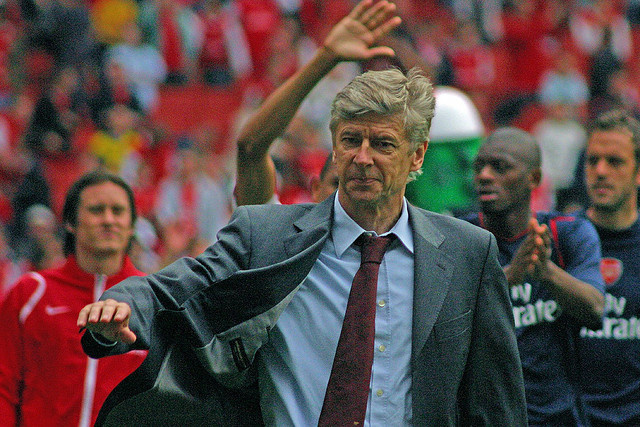
Advertisement
Advertisement
Advertisement
Advertisement
Advertisement
My life was football, by which I mean the good part, the part free from bullying and loathing-induced eating fits, and my hero was Dennis Bergkamp, by which I mean other than my dad. I wanted to move the ball like Bergkamp, flicking it and lofting it with total control, dragging defenders this way and that, using my eyes as proficiently as I used my feet, calculating, misdirecting, manufacturing space.
Advertisement
Advertisement
Advertisement
In 2008, Arsenal finished third in the league, having led the table for two-thirds of the season, playing their best football in years before falling apart completely following an horrific leg-break to striker Eduardo. In said game against Birmingham, a shaken Arsenal conceded a soft penalty in the dying minutes, surrendering a lead and what felt like their grasp on the trophy, going on a run of four draws and then losing to both United and Chelsea in the closing weeks of the season. After the game, captain William Gallas sits in the middle of the pitch and cries, in an image that'll come to define Arsenal’s fragile mentality for years.
Advertisement
Advertisement
Advertisement
Advertisement
Advertisement
Advertisement
